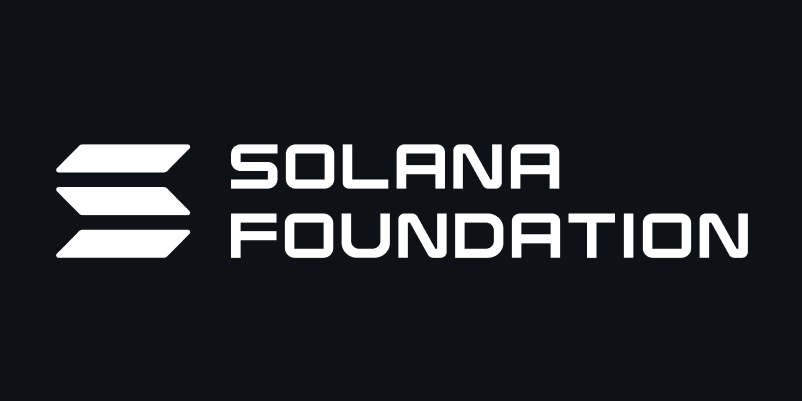1 unstable release
| 0.1.0 | Jun 24, 2023 |
|---|
#9 in #trdelnik
Used in 2 crates
(via turdle-client)
6KB
50 lines


Trident
Rust-based framework to Fuzz Solana programs, designed to help you ship secure code.
Documentation
For documentation and guides, visit ackee.xyz/trident/docs.
Prerequisites
Check Supported versions section for further details.
- Install Rust
- Install Solana tool suite
- Install Anchor
- Install Honggfuzz-rs for fuzz testing
Installation
cargo install trident-cli
Features
Automated Test Generation
Simplifies the testing process by automatically creating templates for fuzz and integration tests for programs written using the Anchor Framework.
Dynamic Data Generation
Increases test coverage with random instruction data and pseudo-random accounts for unpredictable fuzz test scenarios.
Custom Instruction Sequences
Provides the flexibility to design specific sequences of instructions to meet particular testing needs or to focus on particular aspects of program behavior during fuzz testing.
Invariant Checks
Allows for custom invariants checks to spot vulnerabilities and unwanted behaviors.
Community
Check out the following places for more Trident-related content:
- Follow on Twitter/X & Warpcast for project updates
- Join the discussions on our Trident warpcast channel or our discord channel
Grants
| Solana Foundation | Marinade |
|---|---|
 |
 |
Contribution
Thank you for your interest in contributing to Trident! Please see the CONTRIBUTING.md to learn how.
License
This project is licensed under the MIT license.
Dependencies
~2MB
~46K SLoC